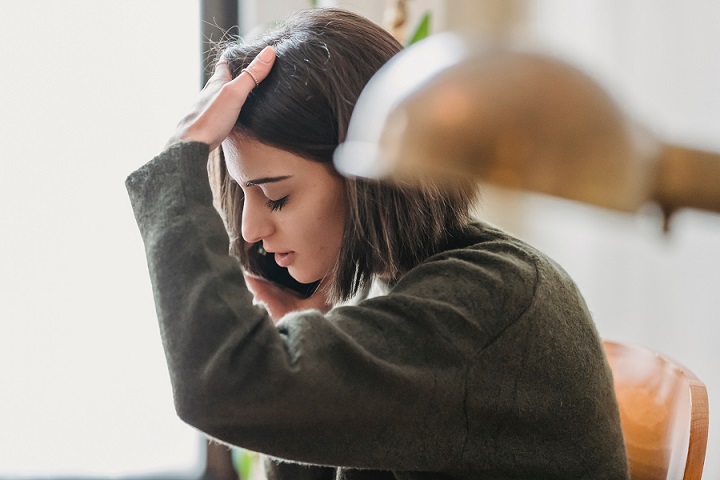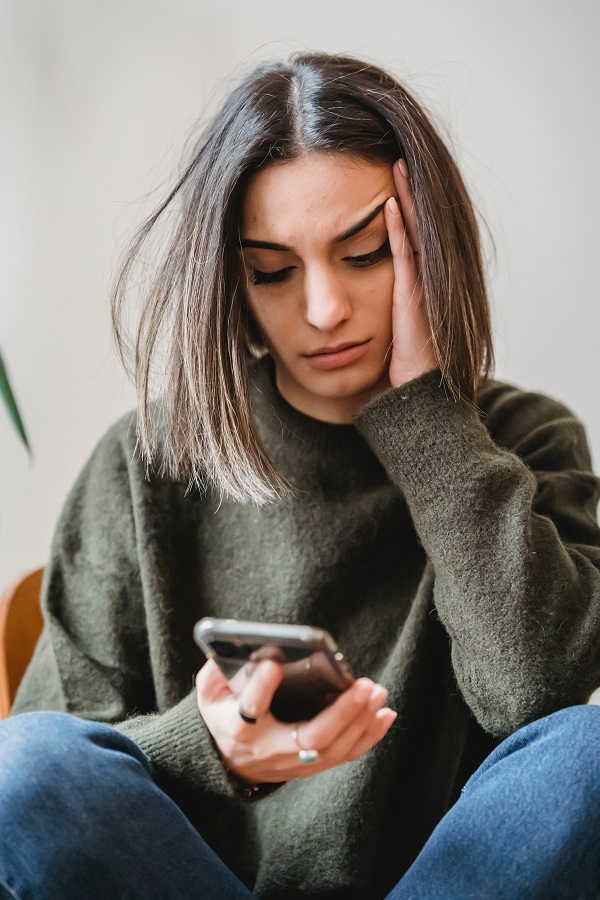New research finds TikTok’s mental health messages receive positive feedback rom users.
TikTok use has spread immensely over the last couple of years. With everything from makeup tutorials, games, celeb check-ins and the ability to make short clips of basically anything imaginable, users are spending more and more time accessing the app. There has also been an emerging trend to cover issues related to mental health on TikTok. This was primarily driven by Gen Z, the generation most likely to report mental health struggles and to turn to TikTok for encouraging messages.
The short clip app has gotten a bad rap over the years, however – mostly from those who believe that it hosts inappropriate content that can be accessed by minors. While some of the content on TikTok is less than credible, a new study shows that it is at least sharing useful content when it comes to mental health. The new research published in the journal JMIR Formative Research found that many of the mental health videos available on TikTok have been received positively and have been supported by users.

“Health-related stories from peers are particularly valued among adolescents. Influencers on social media, adolescents who create content, and microcelebrities are increasingly important resources for health-related information and social support,” wrote study author Corey H. Basch and colleagues. “Online social media networks provide valuable opportunities to connect with each other to share experiences and strategies for health and wellness, such as meditation, mindfulness, stress relief, and those specific to mental health conditions.”
In order to analyze the effects the mental health messages were having on TiKTok users, the team searched for English language video using the hastag #mentahealth and used the first 100 videos retrieved as a sample. The videos covered “General Mental Health, Anxiety, Depression, Interpersonal Relationships, and other related categories,” according to the journal article. The comments underneath each were reviewed to determine whether or not the video was met with good reviews.
The 100 videos studied “received a total of 1,354,100,00 views, 266,900,00 likes, and 2,5115,954 comments. Most videos (51%) were in the category of General Mental Health. The next most prevalent category (40%) was Personal experience followed by Interpersonal relationships (18%). The remaining content categories were only represented in less than 15% of all videos,” the team reported. Looking closely at the comments, the most common topics that were shared were “offering support or validation (61%) and describing other mental health issues or struggles (49%).”
Previous studies have criticized well-known mental health professionals for using the seemingly unprofessional platform to share their messages. The basis of the argument is that there are more traditional ways to provide resources. However, according to the results of the current study, people enjoy learning more about mental health and being able to share their stories on TikTok. This means that it is actually a viable way for individuals struggling to find hope.
Research teams are looking forward to further exploring the benefits of the social media app when it is used in this capacity as it is quickly gaining popularity even among older age groups.
Sources:
Most mental health related videos on TikTok are received with support, study suggests
Deconstructing TikTok Videos on Mental Health: Cross-sectional, Descriptive Content Analysis


Join the conversation!